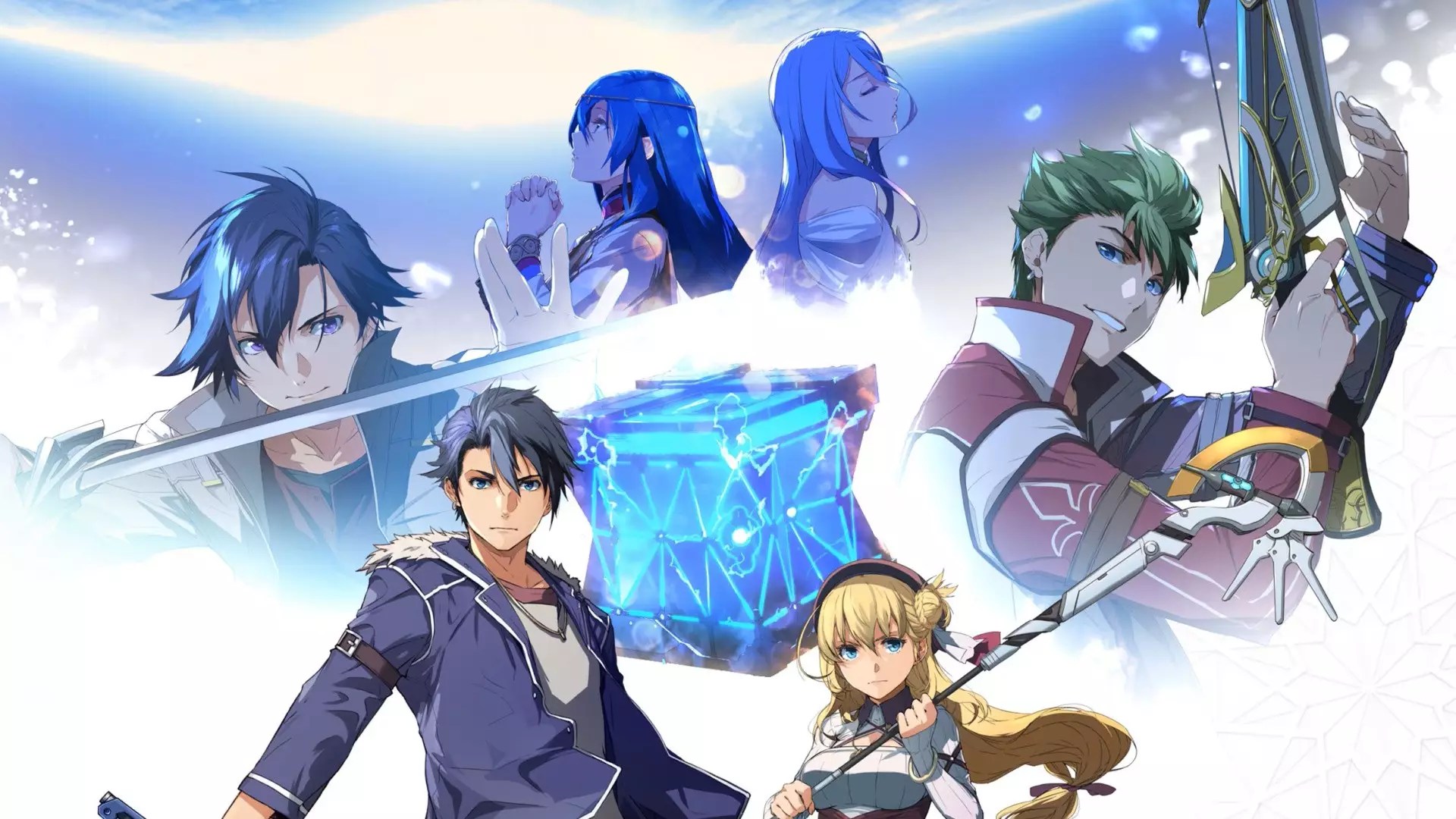The gaming industry is at a pivotal crossroads, with publishers increasingly leaning toward digital distribution models, especially in the wake of the Nintendo Switch 2’s release strategy. The decision by NIS America to release Trails Beyond the Horizon as a Game-Key Card rather than a full physical copy epitomizes this shift. While digital convenience has undeniable appeal, such moves evoke a sense of betrayal among traditional gamers who cherish physical collections. The physical copy represents more than just a game’s packaging; it embodies a tangible connection to a treasured hobby, a sense of permanence that digital downloads cannot replicate. The reluctance of customers to accept key card-only editions reflects a broader unease: are we sacrificing the art of collecting and tangible ownership on the altar of convenience?
The Controversy and Consumer Backlash
The debate surrounding the Switch 2’s Game-Key Card release is not merely a matter of format preference but signals a deeper rift between publishers’ profit motives and gamers’ expectations. Fans have voiced their frustrations forcefully, criticizing the approach as a confusing and unappreciative gesture. The pricing disparity—where the special edition on Switch 2 costs more than equivalents on other platforms—adds fuel to the fire, suggesting that consumers are being penalized for choosing the newer console. The absence of clarity on upgrade paths further compounds the issue. Players who purchased the full physical version on Switch 1 are left questioning whether their investment holds value or will be rendered obsolete with this transition. These factors culminate in a growing distrust of publishers’ intentions and a skepticism about whether future releases will continue to prioritize profits over player loyalty.
The Implications for the Industry’s Future
The incorporation of Game-Key Card technology on Switch, already met with widespread criticism, signifies a potential turning point for the industry. While digital distribution can streamline logistics and reduce production costs, it risks alienating core audiences who view physical games as collectibles and emotional touchstones. The industry’s reliance on such formats could lead to a bifurcated market where digital-only titles are viewed as inferior, just as physical editions once were. Conversely, publishers and developers must recognize that adherence to consumer-friendly practices—such as offering upgrade paths, physical copies, and clear communication—builds loyalty and trust. The challenge lies in striking a balance: leveraging the benefits of digital while respecting the cultural value of physical media.
The Cultural and Consumer Impact
Physical game collectors and enthusiasts are standing firm against trends they perceive as diminishing the integrity of gaming as a cultural artifact. The rise of Game-Key Cards, which essentially function as licenses rather than physical objects, diminishes the experience of ownership and diminishes the traditional relationship between gamers and their collections. This shift risks eroding the gaming community’s sense of identity rooted in owning a piece of gaming history. Moreover, the economic implications are notable: physical editions tend to hold resale value and foster a secondary market, aspects that are largely absent with digital or key card releases. If publishers continue down this path, they risk alienating a segment of consumers who see gaming less as a fleeting entertainment and more as an investment, a hobby, or a form of art.
The Road Ahead: Navigating Consumer Expectations and Industry Trends
Ultimately, the industry’s future hinges on its response to consumer sentiment and its willingness to prioritize quality and consumer rights over short-term profits. While digital distribution presents undeniable advantages, dismissing the importance of tangible ownership can backfire spectacularly. The controversy surrounding Trails Beyond the Horizon’s release is a wake-up call: publishers must rethink their approach and offer options that respect the traditions of gaming while embracing technological progress. Whether through enhanced physical editions, reasonable upgrade pathways, or transparent communication, the industry must demonstrate that it values its audience’s loyalty and cultural attachments. Only then can it ensure that the magic of gaming endures beyond the horizon of fleeting trends.


Leave a Reply